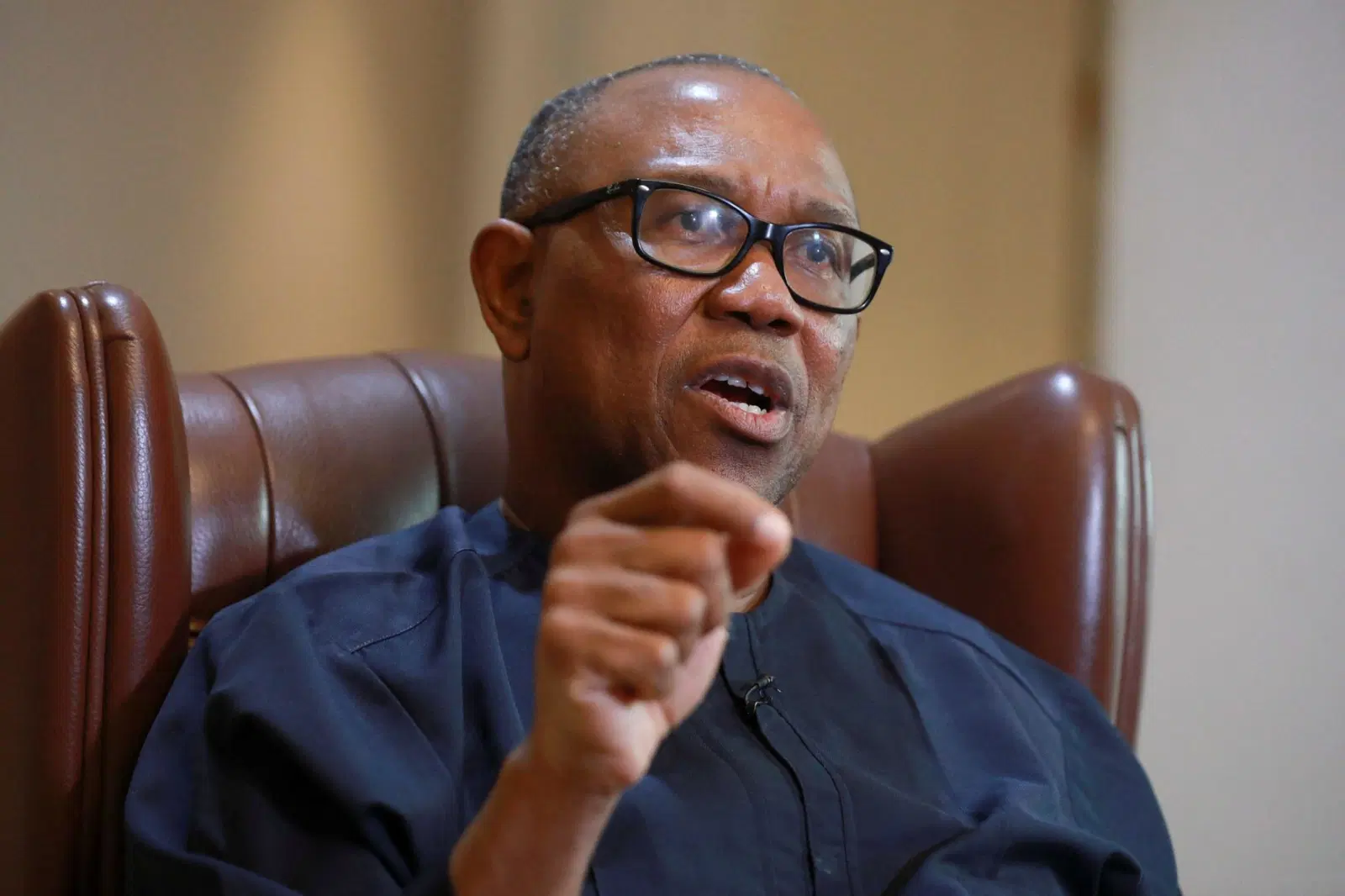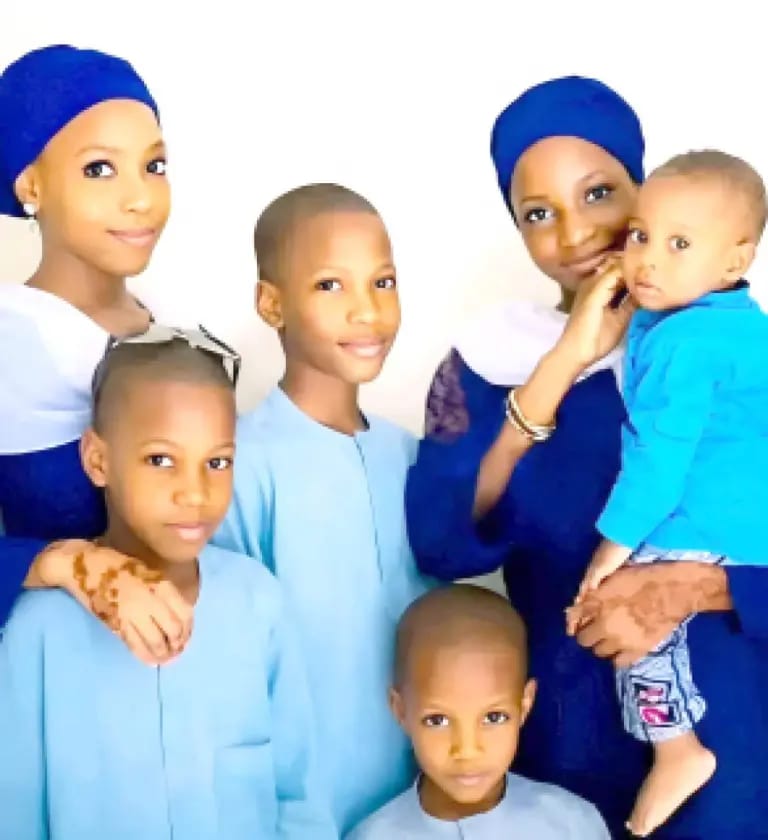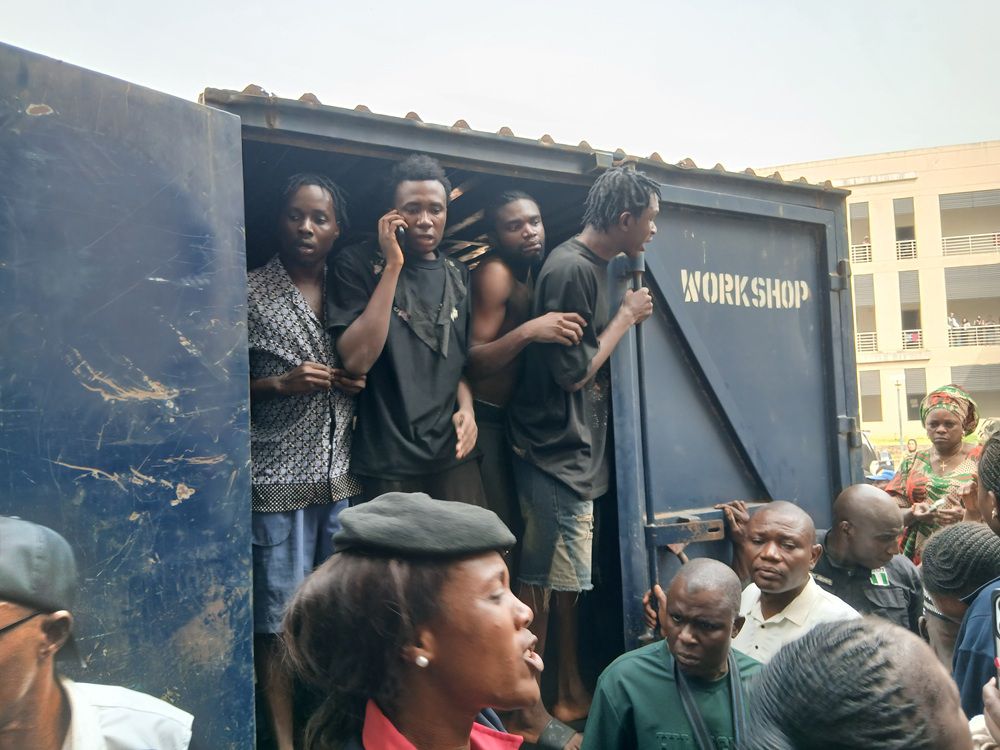In a forceful statement on X, Peter Obi, former presidential candidate of the Labour Party, has issued a sharp critique of President Bola Tinubu and the ruling All Progressives Congress (APC), warning that Nigeria risks being defined as a “disgraced nation” — and not without reason.
A Grim Reality Check
Obi didn’t mince words. He echoed a recent comment by Donald Trump, who described Nigeria as “now disgraced.” Rather than dismiss that label, Obi argues this description has become painfully accurate given the current state of security: within the span of a week, 25 people were kidnapped, and a senior military general, along with other officers, was killed.
He also referenced a terror attack in Kwara State, calling it yet another stark example of the country’s unraveling security infrastructure.
Political Distractions Over National Crisis
Beyond the security failures, Obi leveled a serious accusation: that the Tinubu administration is more invested in fomenting internal strife within opposition parties — such as the PDP, Labour Party, and SDP — than safeguarding Nigerian lives.
He accused the government of deliberately orchestrating crises within these parties. According to Obi, this is not a coincidence but a carefully calculated strategy to weaken democratic structures at a time when national unity is most needed.
A Lesson from the Past
To illustrate how far things have drifted, Obi invoked a moment from Nigeria’s more hopeful democratic history — the presidency of Umaru Musa Yar’Adua. He recalled that Yar’Adua once instructed INEC to ensure the stability of all political parties, not just the ruling one.
According to Obi, that spirit of inclusive governance is missing today. Rather than building a robust democratic culture, the current administration appears to be undermining it.
A Call for Unity & Responsibility
Obi emphasized that in a true democracy, the opposition should be respected, and governance should be about carrying everyone along. He argued that if Nigeria is to overcome its security crisis, political leaders must put aside partisanship and act collectively.
He ended his remarks with a rallying cry: “A New Nigeria is Possible.”
Broader Context: Insecurity Is Not New
This isn’t the first time Obi has sounded the alarm. Earlier this year, he lamented that kidnappings, killings, and abductions were being normalized, painting a troubling picture of a country where tragedy has become routine.
He has repeatedly warned that no Nigerian is safe, pointing out that even teachers, farmers, and health workers are now targets.
His condemnation of the Kwara attack was especially pointed: he described the violence in Oke-Ode, Kwara State, where bandits reportedly killed locals including a village chief and vigilantes, as “mindless.”
Why Obi’s Message Matters
- Moral Accountability: Obi is framing the security collapse not just as a political failure but a moral one — suggesting that the nation’s dignity is eroding.
- Political Strategy Callout: By alleging that the government is deliberately destabilizing opposition parties, he’s warning that Nigeria’s democracy may be under systemic threat.
- Mobilizing for Change: Obi’s repeated refrain, “A New Nigeria is Possible,” is an explicit call to Nigerians to demand better — for unity, for protection, and for governance that prioritizes life over political games.
- Media & Public Conscience: He’s not just speaking to the public; his message challenges media, civil society, and all stakeholders to refuse complacency.
Peter Obi’s comments aren’t just political critique — they are a sobering reminder of how fragile national security and democratic institutions have become. If his warning goes unheeded, Nigeria risks more than just international embarrassment; it risks losing its moral compass.



